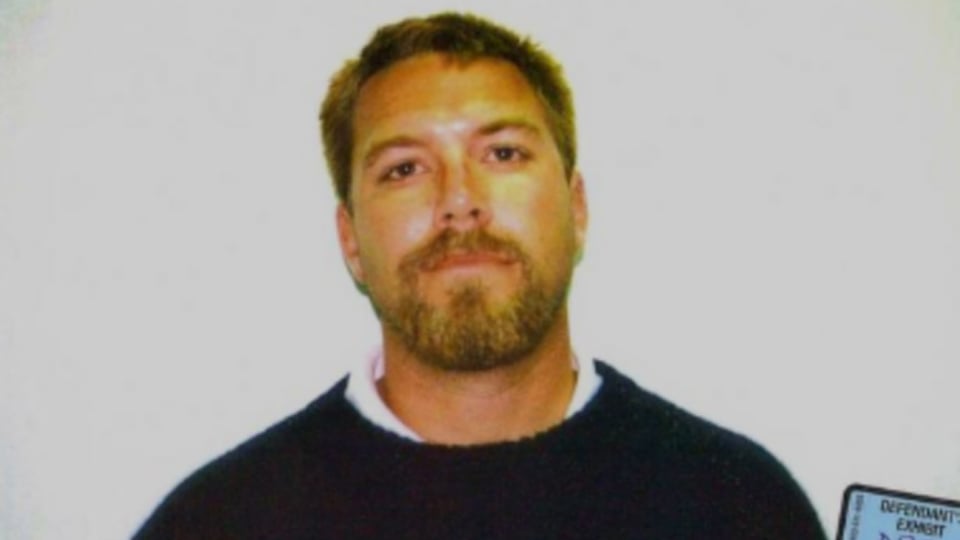Scammy psychics, body snatchers, and Sean "Diddy" Combs
the true crime that's worth your time

Best Evidence readers know that the end of the month isn’t just your cue to say "wow, where did last month go?" . It’s also when we clear out the document we keep of true-crime news, long reads, and press releases — all stuff that we think we might want to tackle at some point, either in an article or on our podcast, The Docket. Here’s the most intriguing, exciting, and worthwhile true crime news from July, 2024. We hope it provides you with an excellent second-screen diversion during the less gripping parts of the Olympics.
Want to read the full issue?